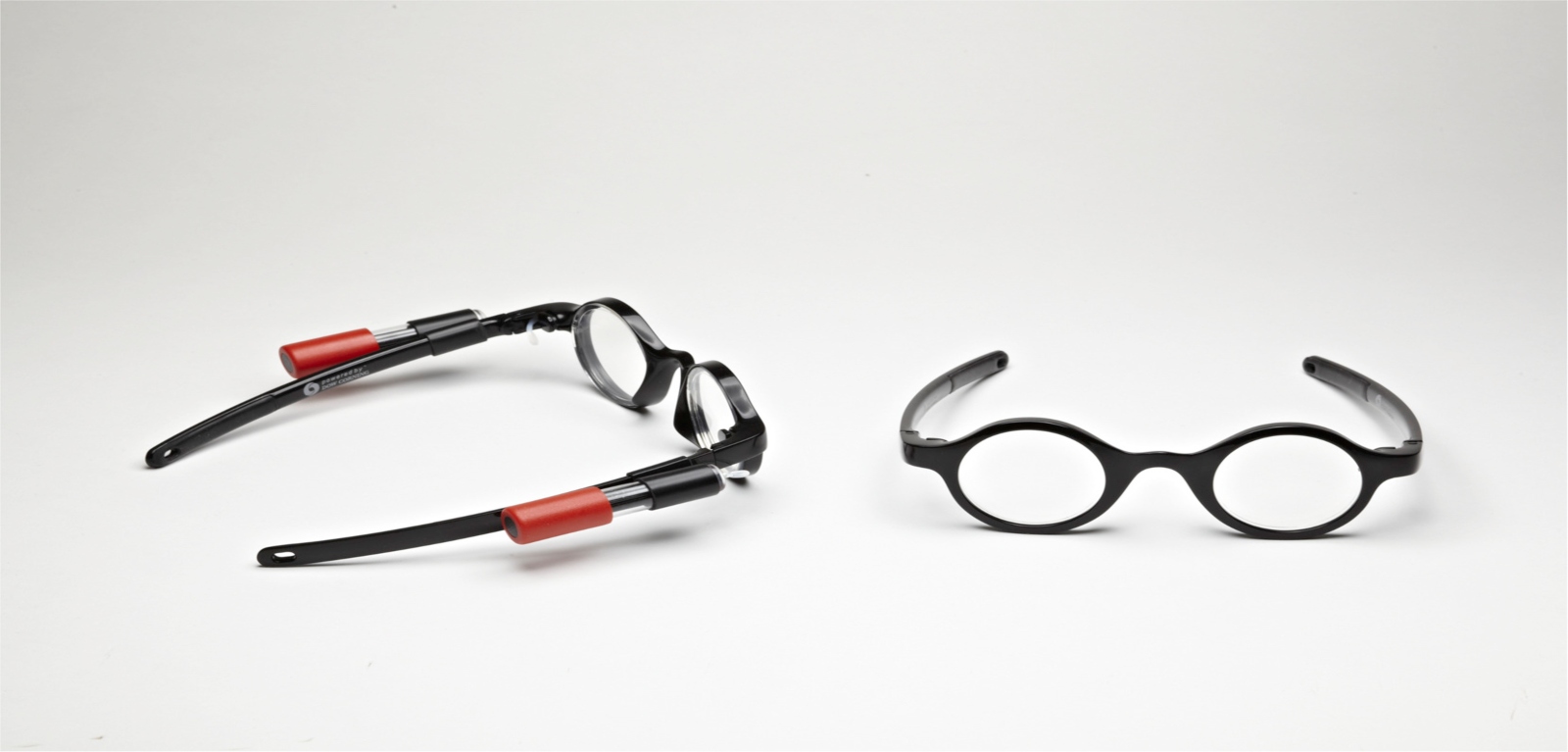Queen’s University Belfast research proposes novel solution to improving education in rural China
02/10/2019

A new research study led by Queen’s University Belfast shows how providing self-adjustable glasses to children living in less developed and remote areas could improve their vision and potentially educational opportunities.
Poor vision and a lack of quality education are intrinsically linked. In less developed and remote parts of the world where access to healthcare professionals is limited, children not wearing the glasses they need are at a higher risk of falling behind in their education due to poor vision.
The research is based on an ongoing service delivery programme carried out by Orbis International and Zhongshan Ophthalmic Center (ZOC) in Guangzhou, China.
Professor Nathan Congdon from the Centre for Public Health at Queen’s University Belfast and Director of Research at Orbis International and visiting professor at ZOC explains: “We know from our previously published trials that correcting myopia (short-sightedness) among school-going children is significantly associated with improved academic importance. We also know that even though Chinese children have among the highest rates of short-sightedness in the world, only 15-20% of children needing glasses in rural areas actually have them.”
“In light of this information, we wanted to focus on how we can improve opportunities for children with short-sightedness in rural China where there is limited access to good quality vision services and accurate glasses.”
The research, published in Ophthalmology involved a randomized trial where short-sighted children aged 11 to 16 years old living in rural parts of Guangdong province of Southern China were given either standard prescribed glasses or adjustable glasses, allowing children to perform ’self-refraction’ to optimise their own vision.
As the most populous province in China, Guangdong has over 100 million residents. The selected area was one of the poorer rural sections of the province.
The researchers found that adjustable glasses were a good choice for this setting. Children saw better with the adjustable glasses than with standard glasses measured for them by a specialist, and satisfaction with the glasses and visual quality of life were no different. Though children wore the adjustable glasses somewhat less frequently (45% vs 58%), this still represented an improvement of two to three fold over the low rates of glasses wear among children needing them in poor rural parts of China.
Professor Congdon concludes:
“This research provides further support for the idea that self-refraction can contribute to children’s visual health in this setting. We have found that adjustable glasses offer essentially the same standard as prescribed glasses in terms of accuracy and vision. In the long-term, we see adjustable glasses as a way to increase the range and impact of vision professionals, rather than as a replacement for them. This would enable optometrists to come into a large school and only need to examine the 10% of children with poor vision that could not be adequately improved with self-refraction. This could greatly increase access to scarce eye health resources in underserved rural settings.”